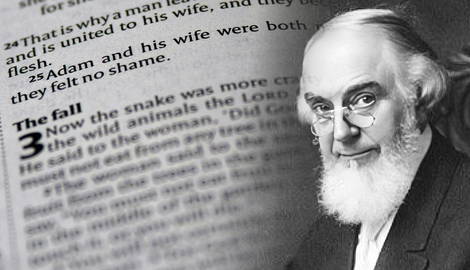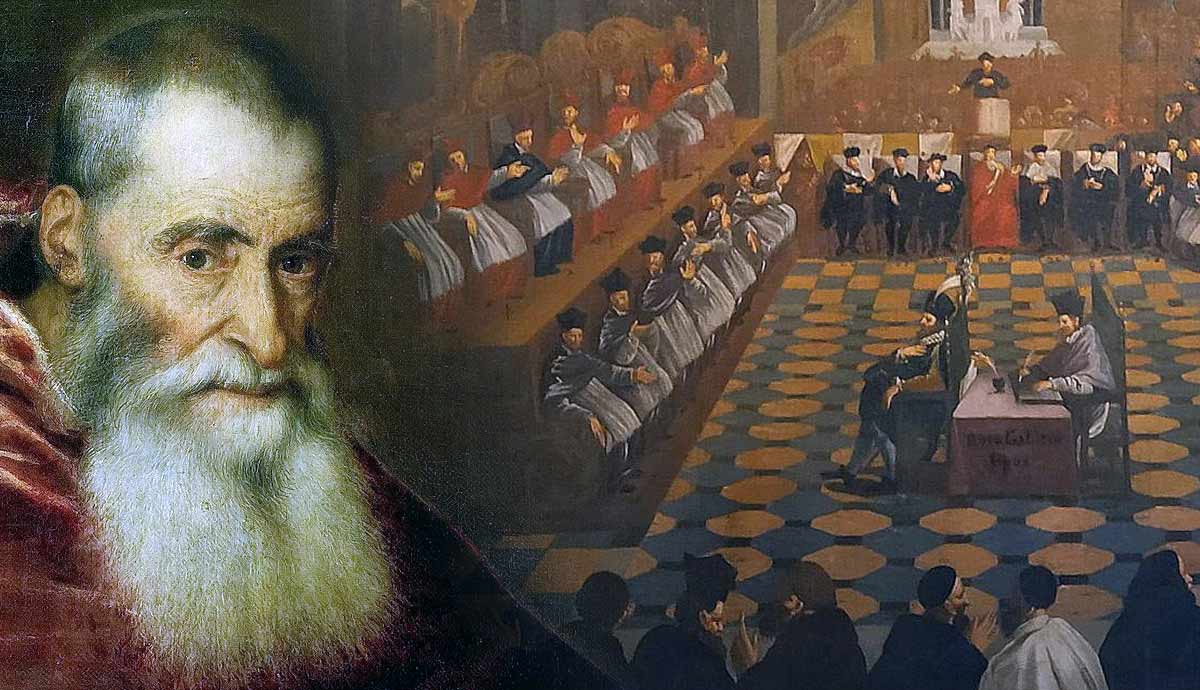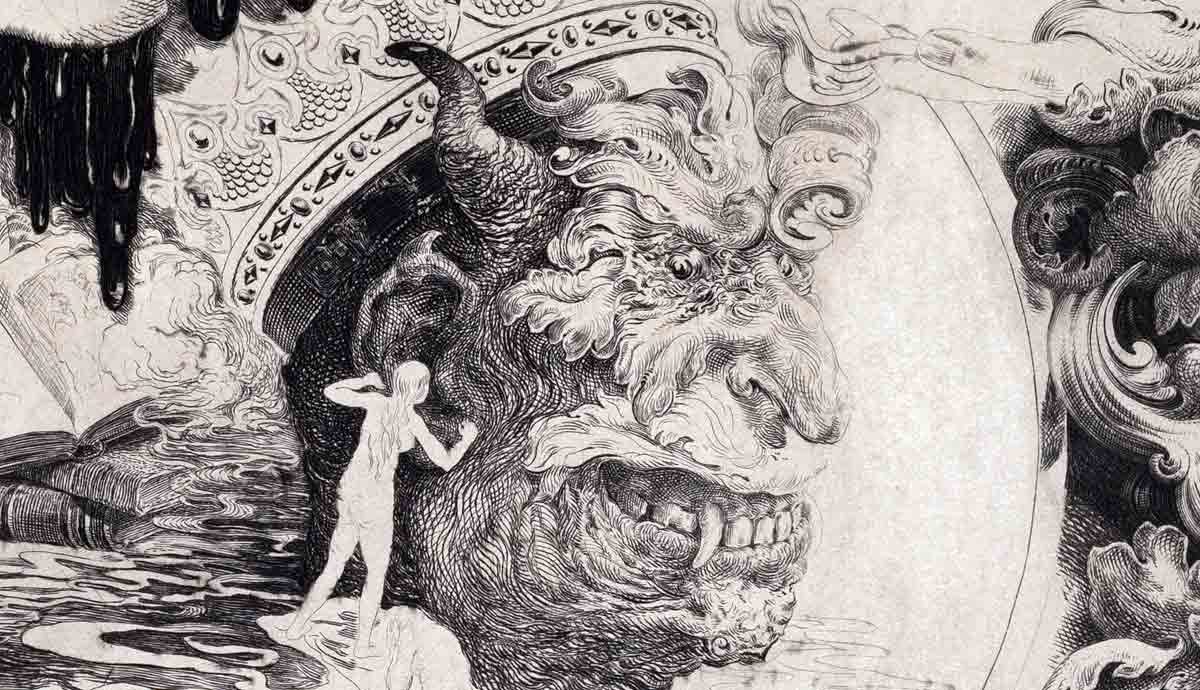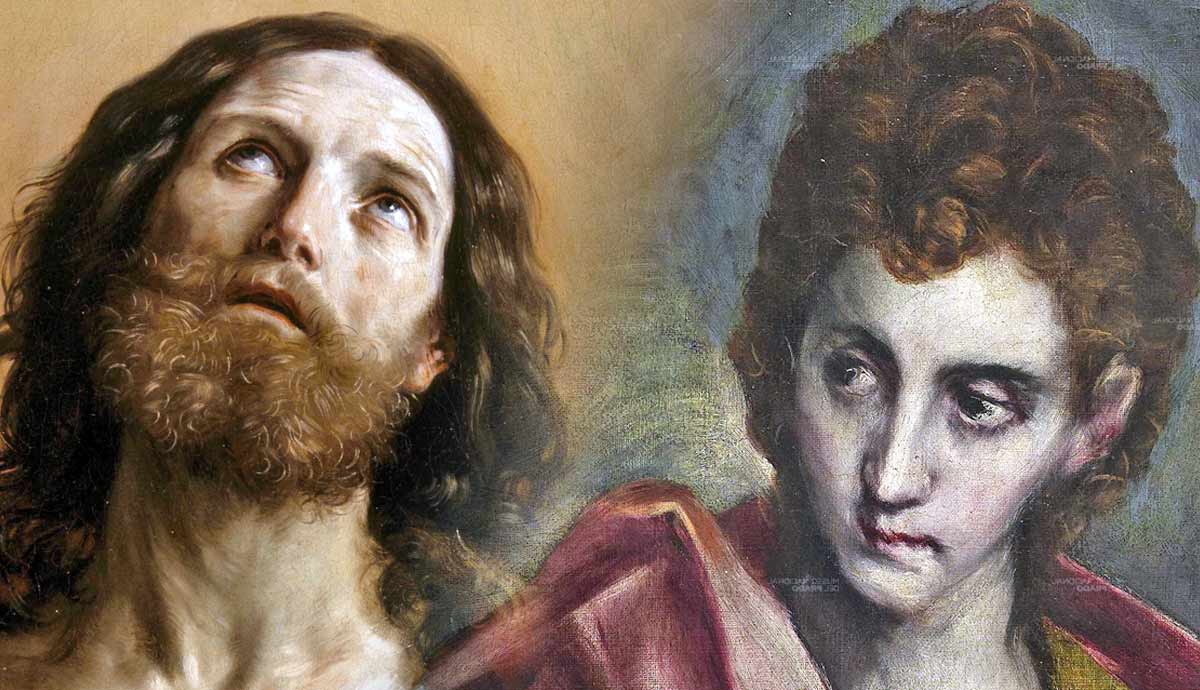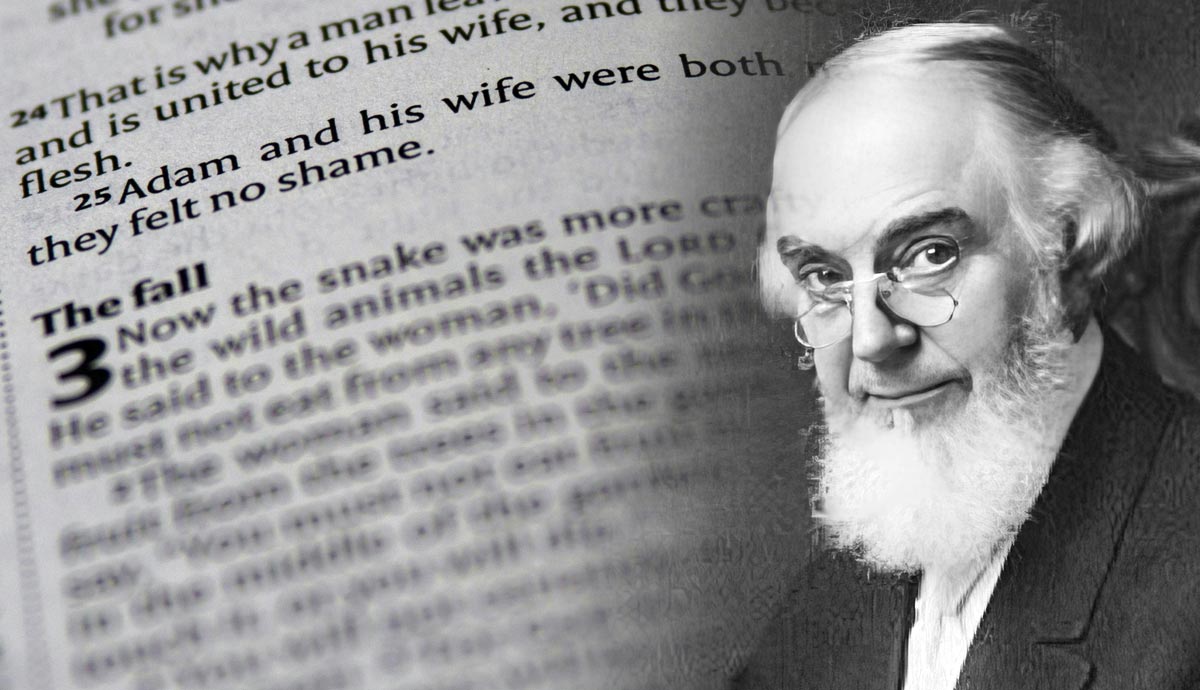
The Jehovah’s Witnesses have only been on the theological scene for just over 150 years, and the name has only been in use for less than 100 years. In that time, they have established themselves in many countries across the globe. In this relatively short period, the denomination has seen several radical changes in its theology due to new leadership. The success of their growth can be attributed to their prolific missionary activities and membership participation in proselytizing others. Here is a glimpse of where Jehovah’s Witnesses came from and what they believe.
Jehovah’s Witnesses: Origins

The Jehovah’s Witness denomination started as a Bible Student movement in Pittsburgh, Pennsylvania, which Charles Taze Russell began in 1870. Their studies aimed to test the integrity of mainstream Christian tenets such as the Trinity, inherent immortality of the soul, predestination, the literal, physical return of Christ, and other doctrines. They developed significantly different views from those generally held by the rest of Christendom.
Eleven years later, in 1881, Russel established the Zion’s Watch Tower Tract Society to publish the movement’s studies on various Biblical topics. In 1884, the society was incorporated as a nonprofit business to distribute Bibles and tracts. The organization had a strong missionary focus in the US and abroad and published many works promoting Russel’s views and theology. In 1909, the Watchtower Society moved to Brooklyn in New York.
Russell passed away in 1916 and he was replaced as president by the organization’s legal representative, Joseph Franklin Rutherford. His election was a contentious matter that reverberated throughout the denomination for about a decade. Rutherford brought structural and theological changes to the movement and made some predictions that did not come to fruition. Resistance to the changes and disappointment about the unfulfilled predictions led to some Bible Student organizations severing ties with the Watch Tower Society.

In 1931, at a convention of member representatives of the organization, Rutherford proposed the name “Jehovah’s Witnesses,” and it was adopted by majority vote. Rutherford further centralized control by abandoning the election of elders locally and replacing it with appointments made from the Brooklyn headquarters.
Rutherford was replaced by Nathan Knorr as president of the Watch Tower Bible and Tract Society in 1942. Knorr commissioned a new translation of the Bible, which resulted in the New World Translation of the Holy Scriptures. During his tenure, mission work increased, guidelines on lifestyle and moral living were developed, and judicial enforcement of ethical codes was implemented.
In the mid-60s, denominational publications created the expectation that Jesus would return in 1975. When it was not realized, numbers decreased. The centralized power of the president was reduced in 1976, and a governing body became responsible for decisions on doctrine and matters about the organization.
General Beliefs

Jehovah’s Witnesses believe in the Bible as the inspired word of God and hold it as the rule for faith and life. They believe in diligent Bible study as part of Christian living.
The denomination is monotheistic and prefers to refer to God as Jehovah, a name derived from the tetragrammaton and the vowels of the name Adonai. They believe Jesus Christ is the Son of God who became a man and died as a ransom for the sins of man. They also believe in the resurrection of Jesus.
To Jehovah’s Witnesses, moral living is imperative, and they promote honesty, sexual purity, and abstaining from practices they consider sinful.
Distinct Beliefs

Though they hold the Bible in high regard, their own translation, the New World Translation of the Holy Scriptures, differs from the Protestant and Catholic Bibles on certain key issues and seems to favor their doctrine in the way it was translated.
Jehovah’s Witnesses believe Archangel Michael is a manifestation of Jesus. They are not unique in this view which they share with Adventists. They, however, believe the Son of God was Michael before and after his life on Earth.
They reject the idea of a Trinity, believing God is one person, Jehovah, and that Jesus was the first created being and is not equal to God. The Holy Spirit, in their view, is not a person but merely an emanating force that proceeds from God.
Jehovah’s Witnesses place a strong emphasis on using God’s name, “Jehovah.” They believe that this use distinguishes the true God from the false gods.

According to Jehovah’s Witness doctrine, God’s Kingdom was established in heaven in 1914, with Jesus Christ as its King. They consider this kingdom to be real and believe the kingdom will expand to include the Earth as all earthly kingdoms will come to an end soon. All earthly governments are corrupt in their view, which is why they do not vote, run for public office, or even show respect toward governmental symbols such as saluting the flag. They remain neutral in matters of politics. Only the kingdom of God is the solution to the problems humanity faces.
Based on their reading of Revelation 7 and 14, there are two classes of saved individuals. The first are the 144,000, which is a literal number in their view. These “anointed” people are the only ones who are “born again” and will go to heaven to reign with Christ. The great multitude, which is mentioned alongside the 144,000 in Revelation 7, make up the majority of Jehovah’s Witnesses who will live forever on a paradise Earth, as part of God’s plan to restore the Earth to its original perfection.
Jehovah’s Witnesses have an acute awareness that we are living in the “last days.” This term in their belief refers to the time from 1914 to the battle of Armageddon, when God will intervene in human affairs to destroy the forces of evil and establish an earthly paradise.

Like Adventists, Jehovah’s Witnesses reject the idea of an eternal hellfire experience for the wicked. Instead, they teach that the wicked will be annihilated, ceasing to exist. They do not believe in the inherent immortality of the soul which is the motivation behind an eternal hellfire experience for the lost.
Another view Adventists and Jehovah’s Witnesses share is unconscious death. Again, the idea of inherent immortality of the soul necessitates the conscious existence of the dead.
Unlike most Christian denominations, Jehovah’s Witnesses observe only one religious event annually — the Memorial of Christ’s Death, also known as the Lord’s Evening Meal. During this event, only those members who believe they are part of the “anointed” class take part in the bread and wine. Other religious celebrations common to Christendom, such as Christmas, and Easter, they believe have pagan origins and, therefore, they do not celebrate them.
Another unique practice of the denomination is rejecting blood transfusions. According to their understanding, blood transfusions violate the Old Testament prohibition on consuming blood.
Jehovah’s Witnesses believe it is the duty of every member to be actively involved in evangelism which usually takes the form of going door-to-door in pairs or distributing literature in public places. They gather in buildings called Kingdom Halls for worship services, which usually happen twice a week. They also hold conferences and other assemblies where Jehovah’s Witnesses from a region or worldwide gather.
Jehovah’s Witnesses are prolific publishers. Two of their most well-known publications are Watchtower and Awake!
Structure

Jehovah’s Witnesses see themselves as a theocratic hierarchical organization representing God’s visible structure on earth. At the top of the structure is the governing body, a small group of denominational leaders who not only manage the administrative functions of the Jehovah’s Witnesses but also direct the doctrinal teachings and policies. They operate from Warwick, New York.
Branch offices located in regions and countries across the world oversee the local activities of the church. The branch committees that manage the branch offices are appointed by the governing body which tasks them with administrative functions, literature production, and coordination of evangelistic efforts in their area.
Branches consist of various circuits which usually consist of 20 to 25 congregations. Experienced elders act as Circuit Overseers who visit congregations preferably twice a year to encourage, oversee activities, and ensure compliance with organizational guidelines.
Local congregations have a body of elders overseeing each congregation and are responsible for the spiritual well-being of the congregation, conducting meetings, and providing pastoral care.
Regular members are known as publishers and must engage in “field service,” which is what they call evangelistic activities. These member activities are collected, compiled, and reported to the higher structures up to branch offices.
Personnel who work for the headquarters or branch offices live in Bethel Homes, dormitory-style living where co-workers share rooms and dining facilities and have their laundry done. This allows them to focus on the tasks they have to perform during their service.
